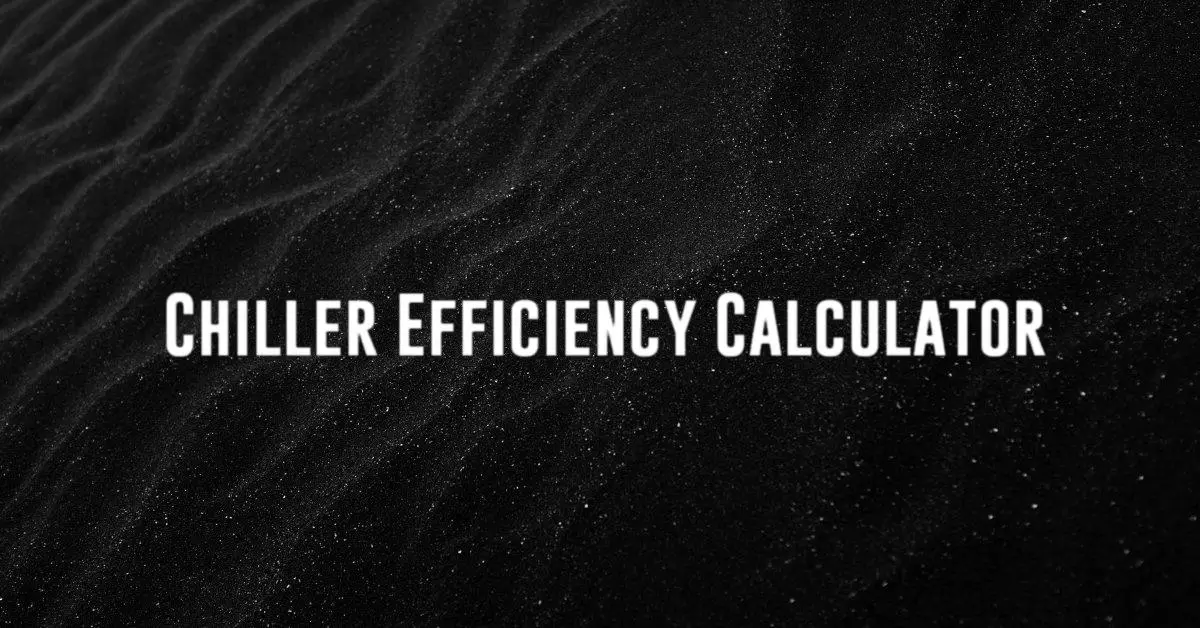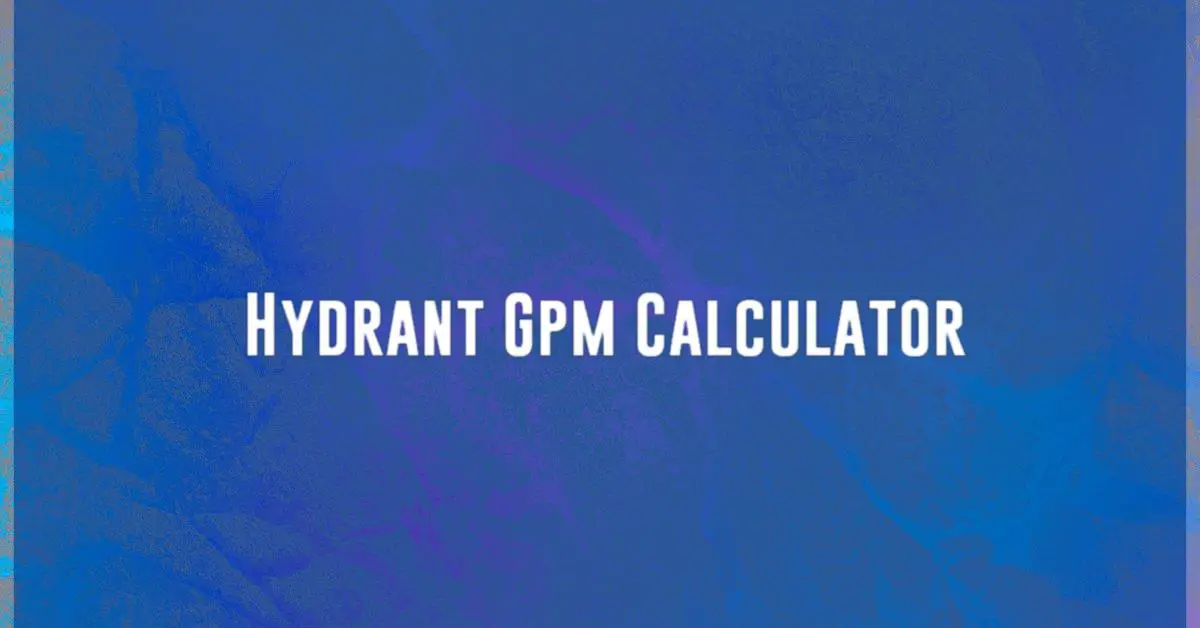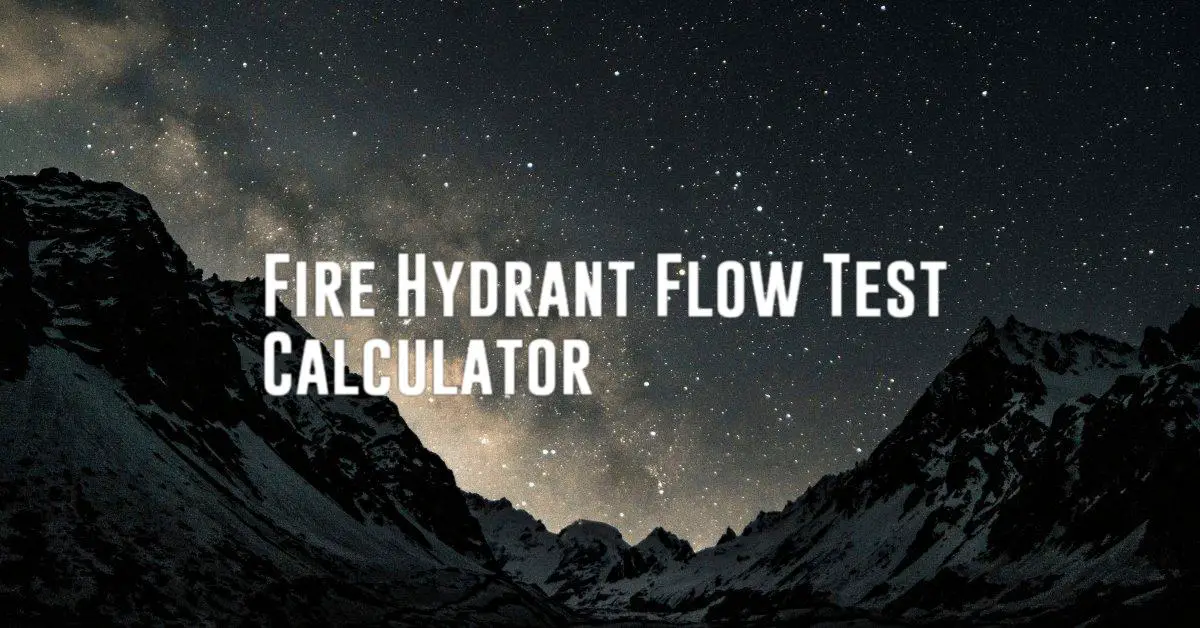Chiller Efficiency Calculator
Are you looking to optimize the performance of your chiller system and reduce energy costs? Using a chiller efficiency calculator can help you determine the efficiency of your current chiller system and identify areas for improvement. In this article, we will explore the importance of chiller efficiency, how to calculate it, and some tips for improving the efficiency of your chiller system.
| Parameter | Value | Result |
|---|---|---|
| Chilled Water Flow Rate (GPM) | ||
| Chilled Water Delta T (°F) | ||
| Chiller Power Consumption (kW) |
What is Chiller Efficiency?
Chiller efficiency is a measure of how well a chiller system is able to cool a space while using the least amount of energy possible. A more efficient chiller system will consume less energy, resulting in cost savings for the building owner. Chiller efficiency is typically expressed as a Coefficient of Performance (COP) or Energy Efficiency Ratio (EER).

Calculating Chiller Efficiency
There are several factors that can affect the efficiency of a chiller system, including the type of chiller, load conditions, and maintenance practices. To calculate the efficiency of a chiller system, you can use the following formula:
COP = Cooling Output / Power Input
Where:
– COP = Coefficient of Performance
– Cooling Output = Amount of heat removed by the chiller system
– Power Input = Amount of electrical power consumed by the chiller system
By calculating the COP of your chiller system, you can determine how effectively it is cooling your space relative to the amount of energy it is using.
Improving Chiller Efficiency
There are several steps you can take to improve the efficiency of your chiller system, including:
Regular Maintenance
Regular maintenance of your chiller system is crucial for ensuring optimal performance and efficiency. This includes cleaning or replacing air filters, checking for leaks, and inspecting the refrigerant levels.
Optimizing Load Conditions
Adjusting the load on your chiller system based on actual cooling demands can help improve efficiency. By reducing unnecessary cooling loads, you can minimize energy consumption and improve overall system performance.
Upgrade to a High-Efficiency Chiller
If your current chiller system is old or inefficient, consider upgrading to a high-efficiency model. Newer chillers are designed to operate more efficiently and can help reduce energy costs in the long run.
Use Variable Speed Drives
Installing variable speed drives on your chiller system can help optimize energy usage by adjusting the speed of the compressor based on cooling demands. This can help reduce energy consumption during low-load conditions.
Implement Energy Management Systems
Implementing an energy management system can help monitor and control the energy usage of your chiller system more effectively. By analyzing data and optimizing system settings, you can further improve efficiency and reduce operating costs.
Conclusion
Optimizing the efficiency of your chiller system is essential for reducing energy costs and ensuring optimal performance. By using a chiller efficiency calculator to assess the efficiency of your system and implementing the tips mentioned in this article, you can improve the overall efficiency of your chiller system and achieve cost savings in the long run.






